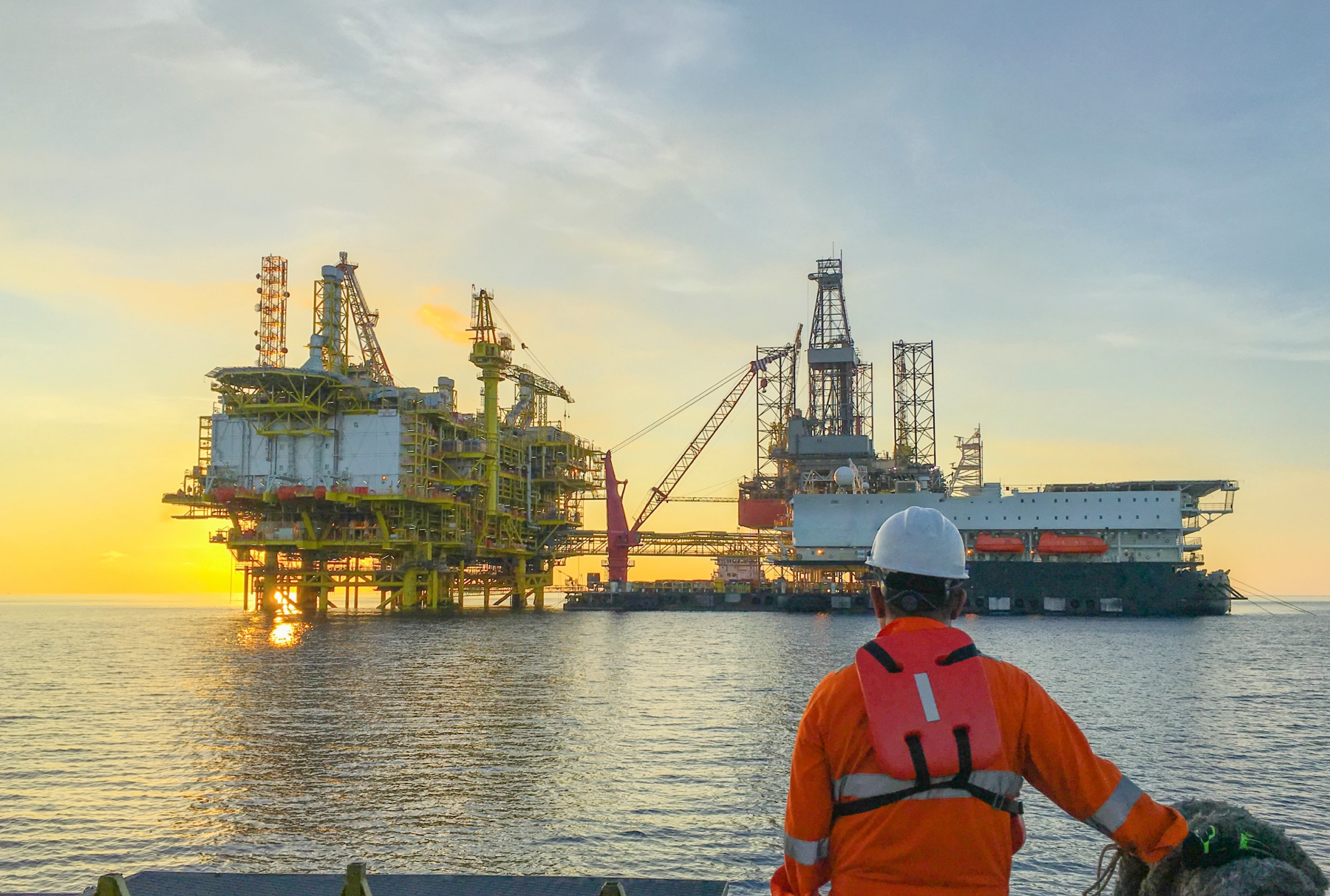Clean Inland Shipping (CLINSH)
Investigating emissions reduction in inland waterway transport.
Project leader
Dr Alan J Murphy
Dates
September 2016 to August 2021
Project staff
Academic staff
Other staff
Sponsors
EU LIFE Programme
Partners
Province Holland Zuid (Lead), Port of Antwerp, New Energy Coalition, DCMR, ECN, EICB, Marine Southeast, University of Bremen, Holmholtz-Zentrum Geesthacht, Shell GTL Fuel, Newcastle University, CE Delft, North Sea Port, Flanders, Gemeente Nijmegen, Landesamt für Natur, Umwelt und Verbraucherschutz Nordrhein-Westfalen, agiplan, Energy Engineers
Description
Compared to other modes of transport, the inland waterway transport sector has been slow in reducing emissions. It has not developed clean technology. This is partly because ships and engines are long-lasting. The financial strength for investments in new material or adjustments is often lacking. CLINSH looks at the technical and socio-economic aspects of inland waterway transport.
The CLINSH consortium installed various clean technologies on 45 ships. We have continuously monitored emissions performance. We have demonstrated that these measures reduce harmful emissions. We analysed the monitored data to investigate the effects of various technologies. The data can provide input for policies in local, regional, national and international authorities.
